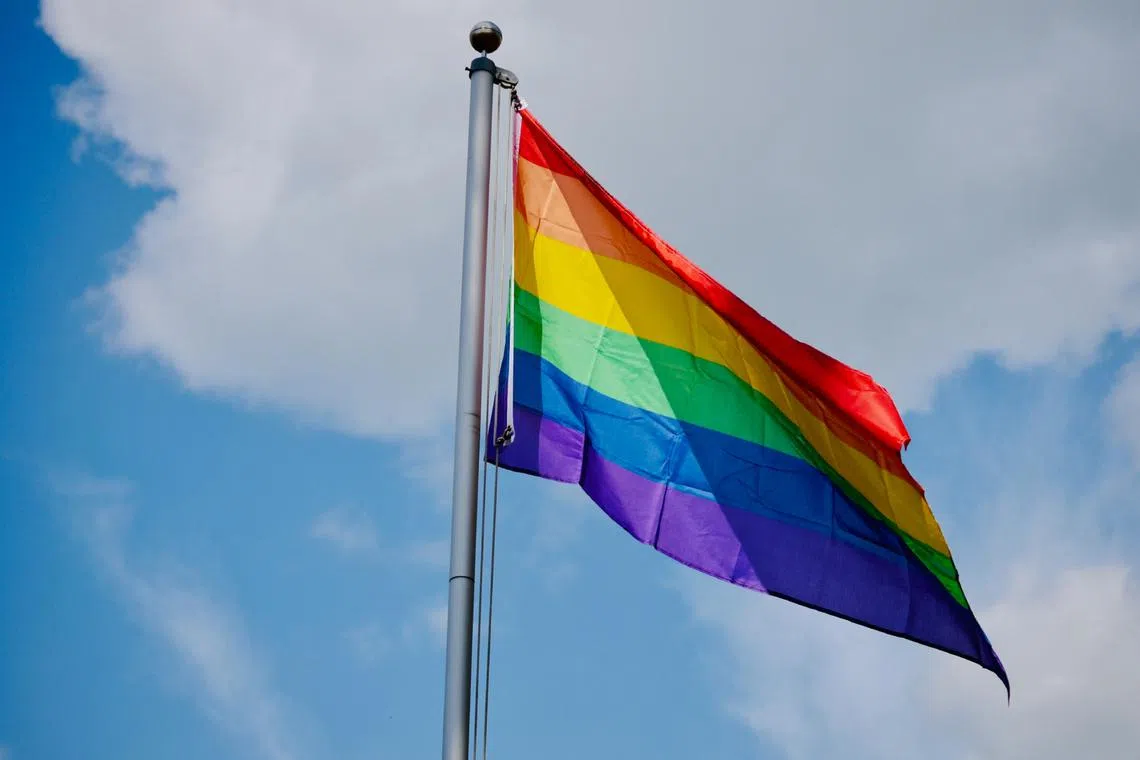South Korean court recognises same-sex couple’s rights in health insurance case
Sign up now: Get ST's newsletters delivered to your inbox

It had no legal validity, however, as South Korea does not recognise same-sex marriage.
PHOTO: UNSPLASH
Follow topic:
SEOUL - A South Korean court delivered a landmark ruling on Tuesday recognising the rights of a same-sex couple for the first time, with activists hailing the verdict as a major victory for LGBTQ (lesbian, gay, bisexual, transgender and queer) rights in the country.
The case – which will now go to the Supreme Court – was brought by a gay couple, Mr So Seong-wook and Mr Kim Yong-min, who live together and held a wedding ceremony in 2019.
It had no legal validity, however, as South Korea does not recognise same-sex marriages.
In 2021, Mr So sued the National Health Insurance Service (NHIS) because it terminated benefits for his partner – whom he had registered as a dependent – after discovering they were a gay couple.
A Lower Court ruled in favour of NHIS in 2022, but in a significant turnaround, the High Court in Seoul overturned that decision on Tuesday, effectively ordering the insurance provider to resume benefits to Mr So’s partner as a dependent.
“Today, we have our rights recognised within the legal system,” said Mr So’s partner, Mr Kim, after the ruling, according to the Yonhap News Agency.
“This represents a victory for everyone wishing for equality for same-sex couples.”
The court did not give a detailed reasoning for its decision.
NHIS told AFP it will appeal.
Ms Jang Boram from Amnesty International said in a statement: “This ruling is significant as the first decision legally recognising same-sex couples to be made by a court at any level in South Korea.”
Though the country still has a “long way to end discrimination... this ruling offers hope that prejudice can be overcome”, she added.
While the country does not recognise same-sex marriages, gay relationships are not criminalised. LGBTQ people tend to live largely under the radar.
Activists have long emphasised the need for legislation against discrimination on the basis of sexual orientation.
A much-discussed anti-discrimination law has languished in Parliament for years due to a lack of consensus among MPs. AFP

